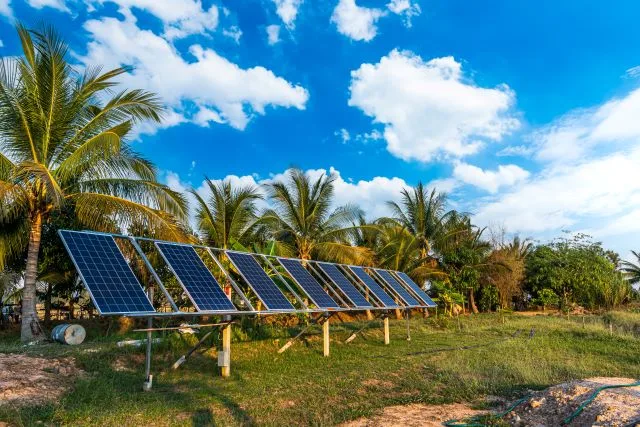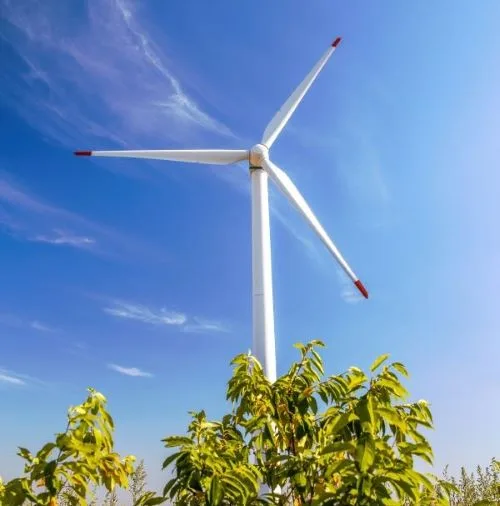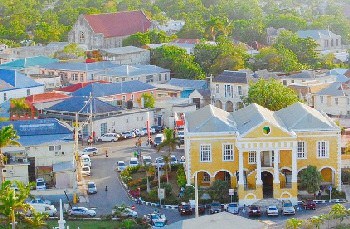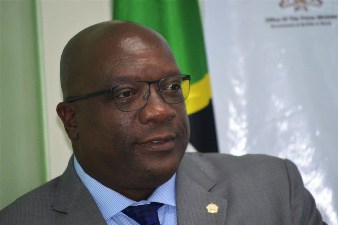Why Caribbean Islands are Joining the Energy Revolution

Nassau, The Bahamas – Over the past decade, the Caribbean region has faced the fury of some of the most devastating hurricanes in recent memory, leaving a trail of destruction and heartache. Hurricanes like Irma, Maria, and the Dorian have devastated many islands and island economies, underscoring the urgent need to address the escalating threats posed by climate change.
While accounting for only a small fraction of global greenhouse gas emissions, the Caribbean islands have emerged as fervent champions of the global effort to reduce emissions and combat climate change. Despite their relatively small contribution to the problem, they are taking bold steps to be a part of the solution. The Region’s commitment to environmental sustainability and resilience has ignited a revolution in energy production and consumption.

The CIF Showcase: Lessons from the Frontlines of the Renewable Energy Revolution with Aaron Bielenberg, Managing Director & Partner – Boston Consulting Group at the 2023 Caribbean Investment Forum in Nassau Bahamas is exploring valuable insights from renewable energy projects across the region.
Developed by The Caribbean Export Development Agency (Caribbean Export), in collaboration with the European Union, the Government of the Bahamas, the CARICOM Secretariat and the Caribbean Development Bank, the conference focuses on development and investment opportunities in AgTech, green economy transition, ICT, logistics and shipping.
So, why green energy?
Energy Security & Independence
Many Caribbean islands rely heavily on imported fossil fuels for their energy needs. It makes them susceptible to fluctuations in global oil prices and supply disruptions. Transitioning to green energy sources such as solar, wind, and geothermal enhance energy security. Especially by reducing dependence on fossil fuels. Plus, promoting local energy production. Importantly, the shift reduces the need for energy imports. Providing Caribbean nations with greater control over their energy supply. In addition, reduces their vulnerability to geopolitical tensions affecting energy markets.
Cost Savings
Green energy technologies, such as solar and wind power, have become increasingly cost-competitive in recent years. Investing in these technologies creates long-term cost savings for Caribbean countries by reducing their reliance on expensive imported fossil fuels.
Economic Diversification
The burgeoning Caribbean green energy sector has made tremendous strides in stimulating economic growth and diversification. In recent years the region has seen the growth of jobs in manufacturing, installation and, maintenance. In addition, research and development of renewable energy technologies.
Environmental Preservation
The Caribbean is globally known for its stunning natural beauty, a key driver of tourism. Transitioning to green energy helps to maintain this brand by preserving the environment, reducing air and water pollution, and protecting fragile ecosystems, ensuring the long-term sustainability of tourism as an economic driver.
Energy Access and Reliability
Many remote or underserved communities in the region struggle to access reliable energy sources. Green energy solutions like microgrids and distributed solar power improve energy access and reliability in these areas, promoting social and economic development.
“Portland Plantation Hybrid Wind & Solar Farm”

Caribbean Investment Forum
Learn more about projects like these at the Caribbean Investment Forum in Atlantis, Nassau the Bahamas.
With an investor lineup valued at over $150 Billion USD and an anticipated audience of over 800 attendees, CIF is a nexus of opportunities and investment deals that support the regional transformation to A Bold New Caribbean.





